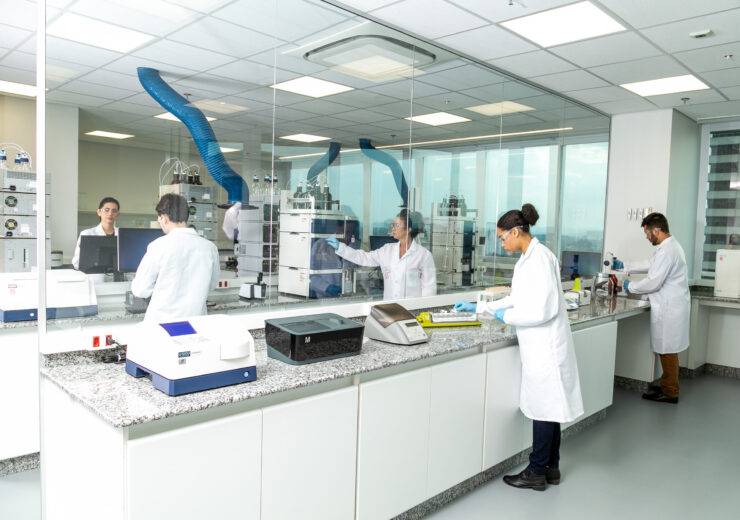With the collaboration with Agilent, Merck will extend its real-time monitoring and automated process control of critical process parameters (CPPs) and critical quality attributes (CQAs) to downstream processing

Merck will have downstream process monitoring and control. (Credit: Merck KGaA, Darmstadt, Germany)
Merck has entered into a partnership with Agilent Technologies, a US-based analytical laboratory instruments company, to advance Process Analytical Technologies (PAT).
PAT is said to play an important role in enabling real-time release and Bioprocessing 4.0 and is highly recommended by global regulatory authorities.
The current collaboration with Agilent Technologies will bridge the industry gap in downstream PAT, said Merck.
For the collaboration, the company will combine its bioprocess portfolio with Agilent’s advanced analytical products.
Also, Merck will extend its real-time monitoring and automated process control of critical process parameters (CPPs) and critical quality attributes (CQAs) to downstream processing.
Agilent liquid phase separations division vice president and general manager Stefan Schuette said: “Integrating analytical capabilities and intelligence into bioprocessing enables the Biopharma industry to accelerate biological drug development and manufacturing while supporting continuous manufacturing and real-time release.
“This collaboration focuses on integrating Agilent’s new Online liquid chromatography (LC) solution with Merck’s bioprocessing platforms and will support customers on their journey to develop and produce biological drugs faster, with greater confidence, and at lower cost.”
In a separate development, Merck has entered into a three-year partnership with the Mulliken Centre for Theoretical Chemistry at the Rheinische Friedrich-Wilhelms-University of Bonn, Germany.
The collaboration will focus on the development of new tools for computational chemistry modelling, and advancing the next generation of molecular machine learning.
In the coming three years, numerous PhD scholars from the Mulliken Centre for Theoretical Chemistry will work together with Merck’s Digital Chemistry team.
The partnership will identify several molecular machine learning techniques that would benefit Merck’s portfolio of chemicals and pharmaceuticals.
All the methods and codes developed under the collaboration will be made openly available, to benefit the scientific community.
Mulliken Centre for Theoretical Chemistry head professor Stefan Grimme said: “We are excited to work with Merck on this project, which will be beneficial for the company and the computational chemistry community in general.
“The close interaction with Merck’s scientists will help us to give the project and the resulting tools the right focus.”
